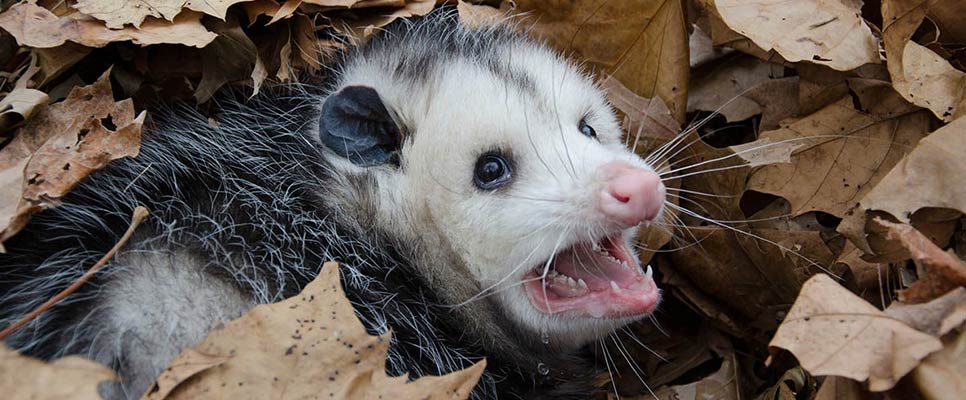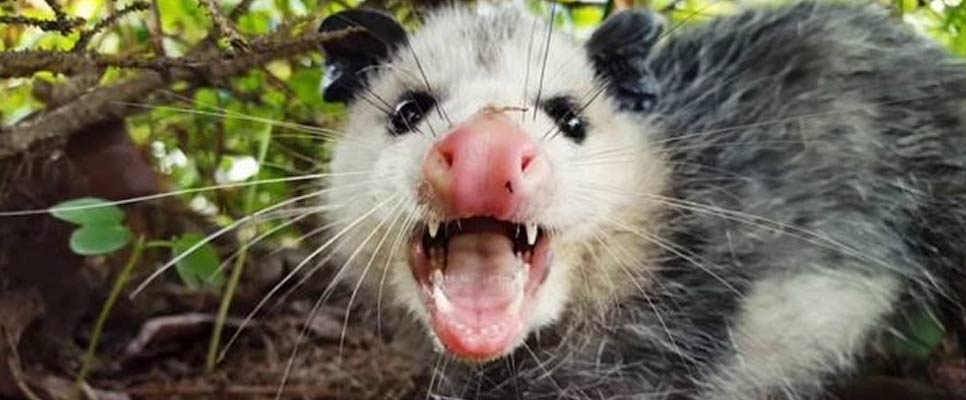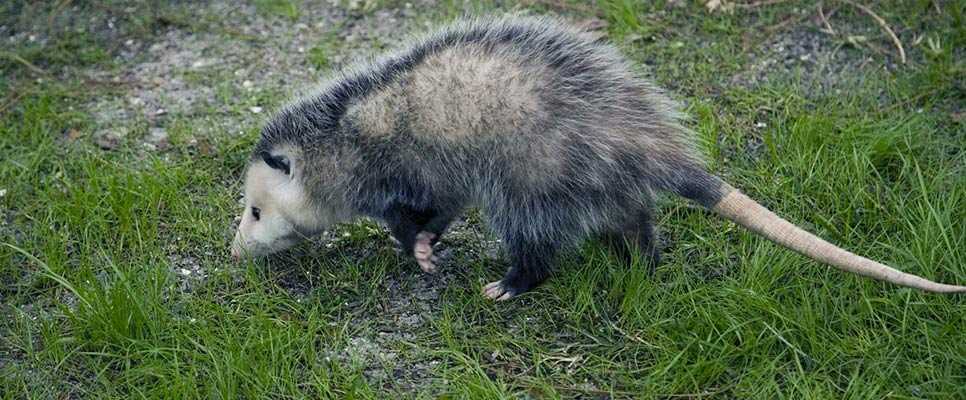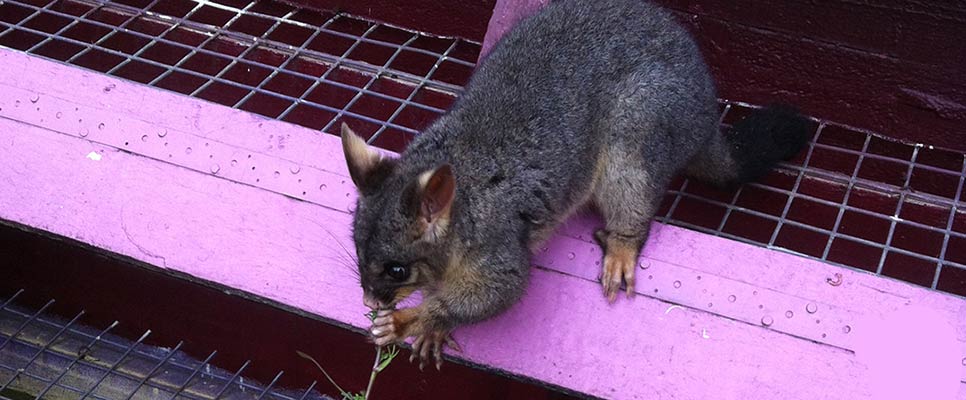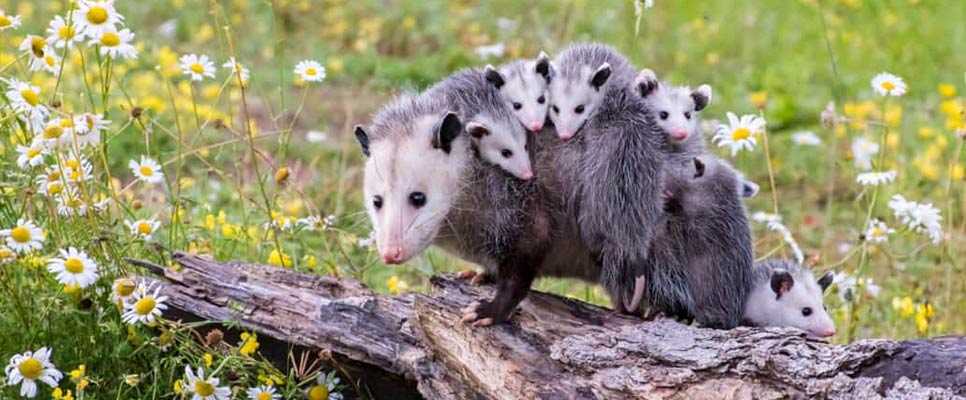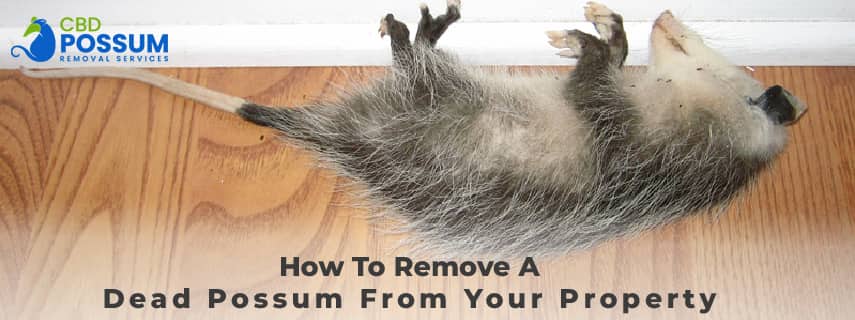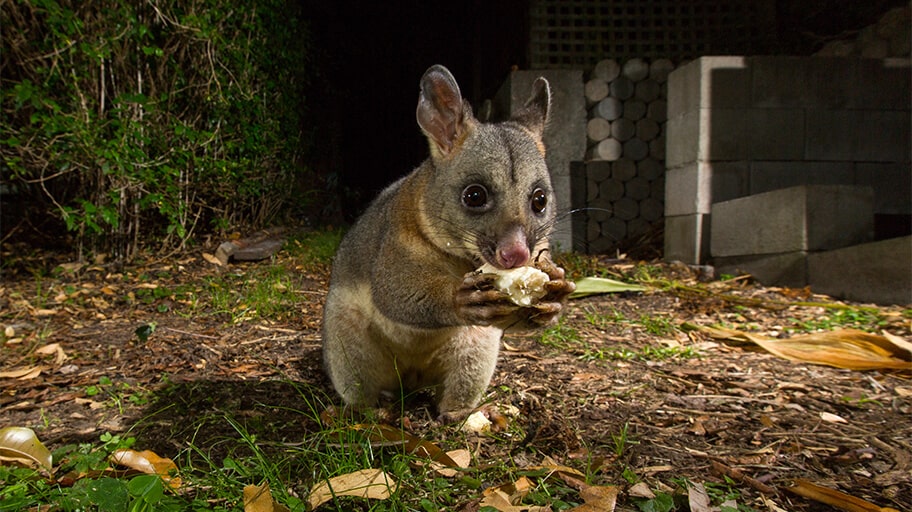Possums are slow, have poor eyesight, non-aggressive, and are nocturnal. The average lifespan of an adult possum is approximately 2 years. An adult may either be hit by a car or can often survive mauling by a dog. They need help to recover from their injuries. Handling an injured adult possum requires care, compassion, and prudence. Due to their distinct look and nocturnal lifestyle, you must act appropriately to help these marsupials if you see them in need.
Here, you’ll find some valuable tips on safely handling an injured adult possum and effectively executing possum removal from your property.
Steps For Handling An Injured Possum
If you are going to handle an injured possum then first of all it is very important that you should ensure their safety and well-being. Here steps are provided for stress-free handling of an adult injured possum:
Assess The Situation
Before approaching a hurt possum, first, evaluate the situation from a distance. If the possum is in an unsafe area or is near a road then take necessary precautions to avoid the accidents. Also, beware of your own and others’ safety.
Protect Yourself
When you handle an injured possum, wear safety gear such as goggles and gloves, to protect yourself. It is because possums may scrape or bite whether in discomfort or startled to protect themselves.
Approach Calmly
Avoiding loud noises or unexpected movements, move gently and softly towards the hurt possum. Give them an assurance that you mean no harm by speaking softly.
Use A Towel Or Blanket
You can gently cover it with a blanket or towel if the possum is still able to move around. As a result, the possum won’t be under as much stress and won’t be moved around as much. Be careful not to impede its ability to breathe or to put too much pressure on it.
Place A Container
Gently lift the possum and put it in a container with good ventilation after you have the possum safely enclosed. You can put it in a cardboard box with air-flow holes. Line the container with a soft cloth or tissue to make it more comfortable.
Keep It Dark And Warm
Always keep the stress-prone injured possum in a warm, dark, and peaceful environment. You can also place a heating pad underneath a portion of the container to provide a cooler location for the possum to move to if it becomes too warm.
Do Not Offer Food Or Water
Never try to offer food or water to an injured possum because you do not know the correct food for the possum. They have specialized dietary needs and giving possum the incorrect food or water might be detrimental. You should leave this to professionals to handle this issue.
Get In Touch With Local Authorities
Approach your neighbourhood wildlife rescue group, veterinarian, or animal control with experience treating wildlife. They will suggest what to do next and might make arrangements to take the possum to a facility or wildlife rehabilitation.
Release Responsibility
After you have alerted the right authorities, it is your duty to make sure that the possum is secure and unharmed until aid arrives. So, it is your responsibility to keep the container in a calm spot, away from the animals and spectators, who might be intrigued.
Follow Legal Regulations
Different places have different legal rules and regulations for touching and taking care of injured wildlife. Be sure to abide by all these rules to avoid any legal difficulties.
Conclusion
It is essential to treat a wounded adult possum safely and methodically. Get help from an expert by putting safety first both for you and the possum. It is best to leave their care to professionals and keep in mind that wild animals should not be kept as pets. Professionals have all the necessary skills, experience, and resources to rehabilitate them and release them into their natural habitat. Your responsibility is only to save the life of an injured adult possum by taking humanitarian action which will also contribute to the preservation of wildlife in your area.

